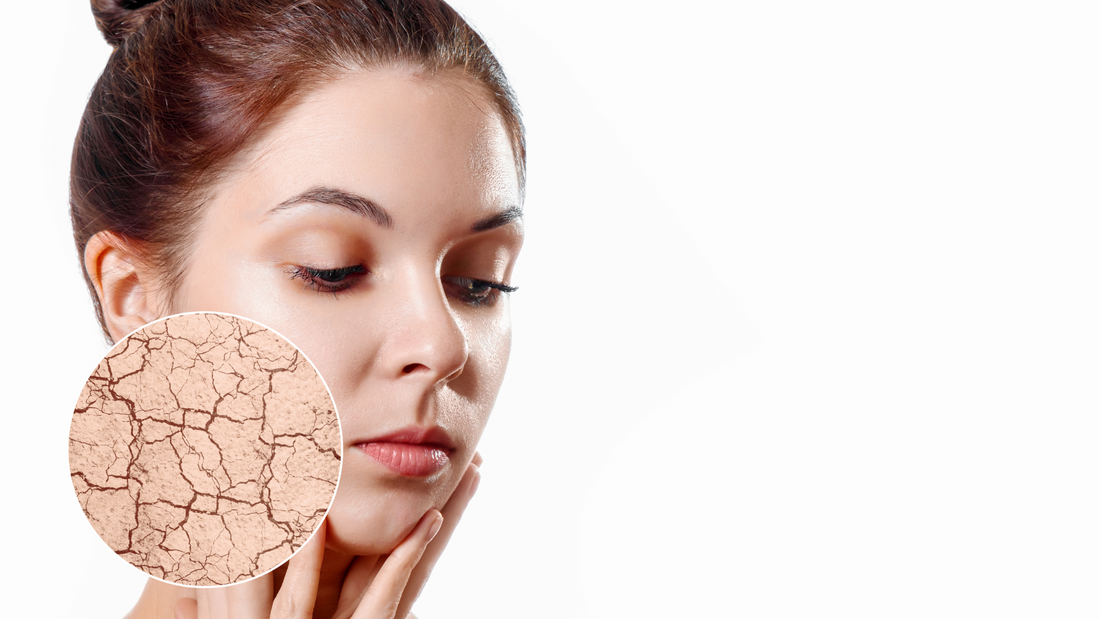Why is Hard Water Detrimental For Your Skin And Hair ?
Hard water can be detrimental to the skin and hair because it contains elevated levels of minerals, primarily calcium and magnesium ions. These minerals can interact with soaps, shampoos, and other cleansing products, leading to several negative effects on the skin and hair.
Soap Scum
Calcium and magnesium ions in hard water react with the fatty acids in soap, forming insoluble compounds known as soap scum. This soap scum can remain on the skin and hair, making it difficult to rinse away completely. As a result, it may leave a residue on the skin and hair, making them feel dry, rough, and less clean.
Reduced Lathering
Hard water reduces the ability of soaps and shampoos to lather effectively. When you can't produce a good lather, you may use more cleansing products, which can further dry out your skin and hair.
Dryness and Irritation
The mineral deposits left on the skin can disrupt its natural barrier function, leading to increased moisture loss. This can result in dryness, itchiness, and irritation. People with sensitive skin may be particularly prone to these effects.
Dull and Limp Hair
Hard water can leave mineral deposits on the hair shaft, making it appear dull and lifeless. These deposits can also make the hair more prone to tangling and breakage.
Buildup of Product Residue
Because hard water can make it difficult to rinse away soap and shampoo, over time, this can lead to a buildup of product residue on the skin and hair. This residue can attract dirt and pollutants, making the skin and hair look less clean.


